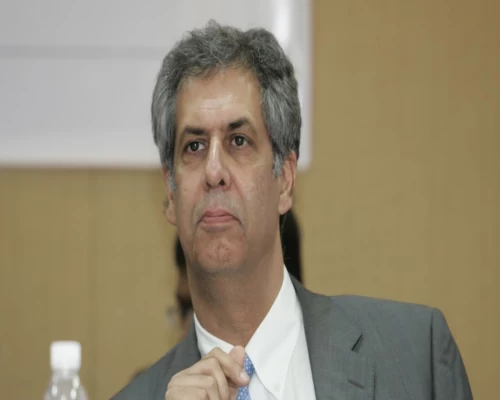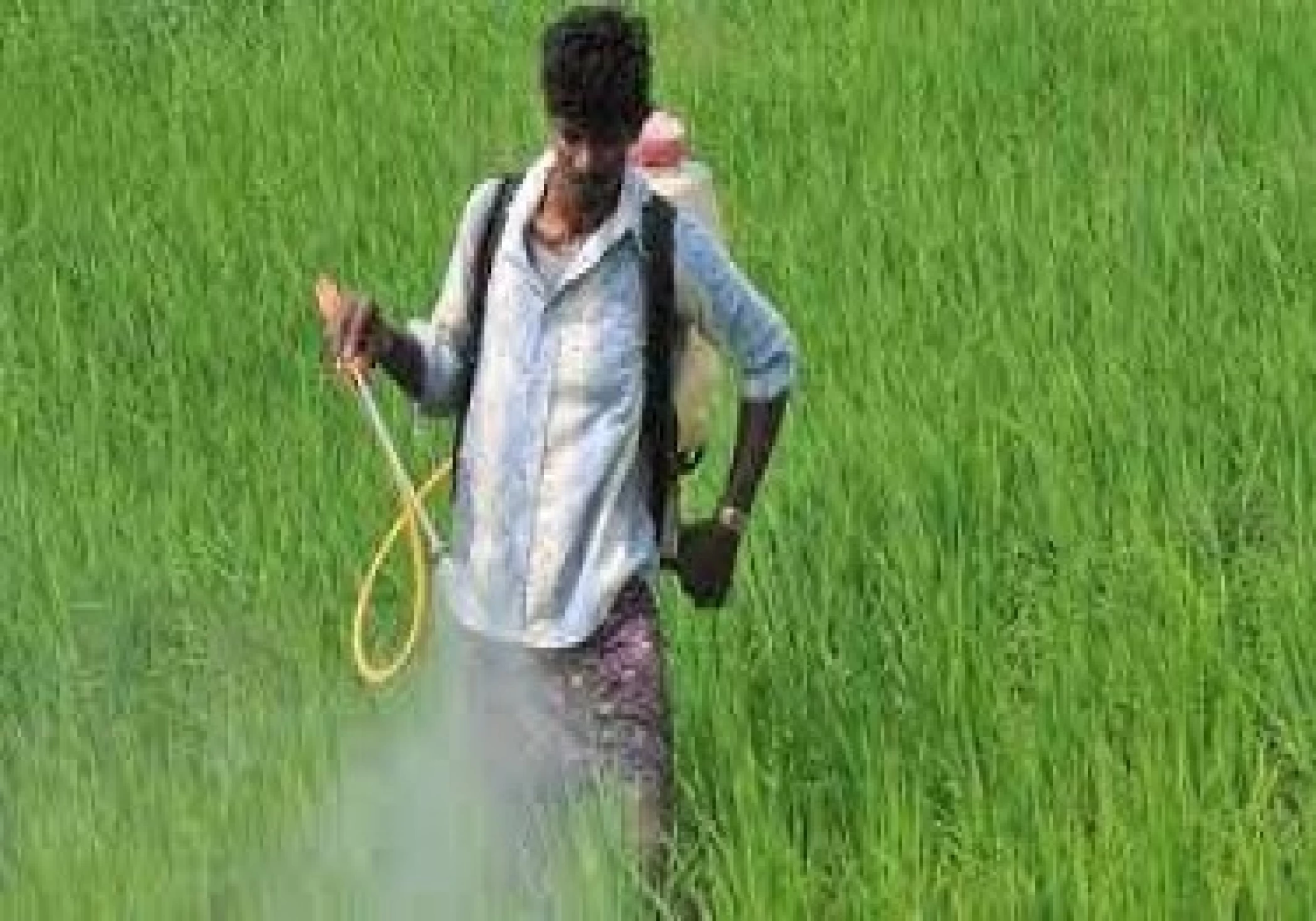
New Delhi: As crop protection solutions are crucial for proper management of crop health for higher productivity and income of farmers and sustained growth of the agriculture sector, industry body FICCI has said that the GST Council should consider the agrochemical industry request favourably seeking reduction of the tax rate on agrochemical inputs for the farm sector from current 18 per cent to 5 per cent at the maximum. The 47th meeting of the GST Council, chaired by Union Finance Minister Ms Nirmala Sitharaman, will be held in Chandigarh on June 28 and 29.
Addressing the press conference on ‘Policy Landscape for a Flourishing Agrochemicals Industry’ organized by FICCI, RG Agarwal, Chair, FICCI Committee on Crop Protection and Chairman, Dhanuka Group, said that high Goods and Service Tax (GST) on crop protection chemicals especially hurts small and marginal farmers by increasing their input cost and prompting them to use these essential ingredients in sub-optimal quantities to the detriment of farm output and their own financial health.
“A GST of 18 per cent on agrochemicals is highly unjustified since they act as insurance to not only crop health but also increase the quality, yield and income of farmers. This high rate of 18 per cent is not justified and it should be brought down to a maximum of 5 percent at par with fertilizers,” he said.
Dr Charudatta Digambar Mayee, a former Agriculture Commissioner, said that agrochemical industry acts as a backbone to our farmers and assures them of high yield with better quality produce while mitigating crop losses. In view of the climate changes and emerging threats of pest and disease there is urgent need to overhaul the regulatory system for introduction of new and innovative chemistries and technologies.
“This can be achieved with the cooperation of the private sector in addition to hiring adequate manpower and strengthening government laboratories, providing the latest analytical instruments, reference standards and making ISO17025 NABL certification mandatory as done under FSSAI Act as well as support from Quality Council of India or other independent organizations,” said Dr Mayee. /BI/


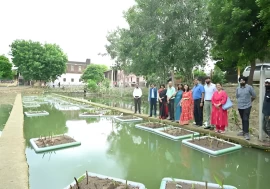
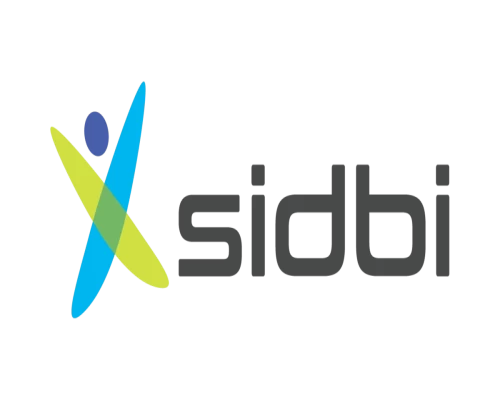
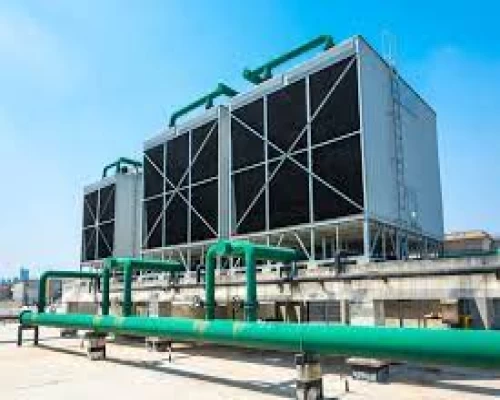

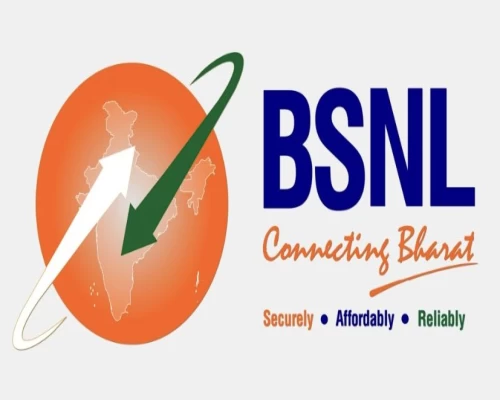
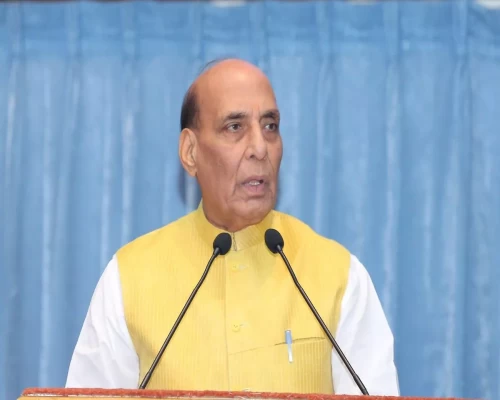
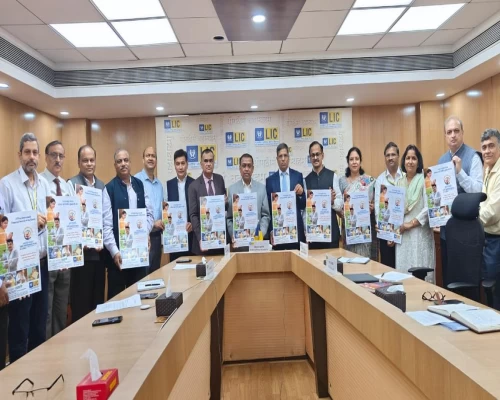
_500_x_400.webp)

